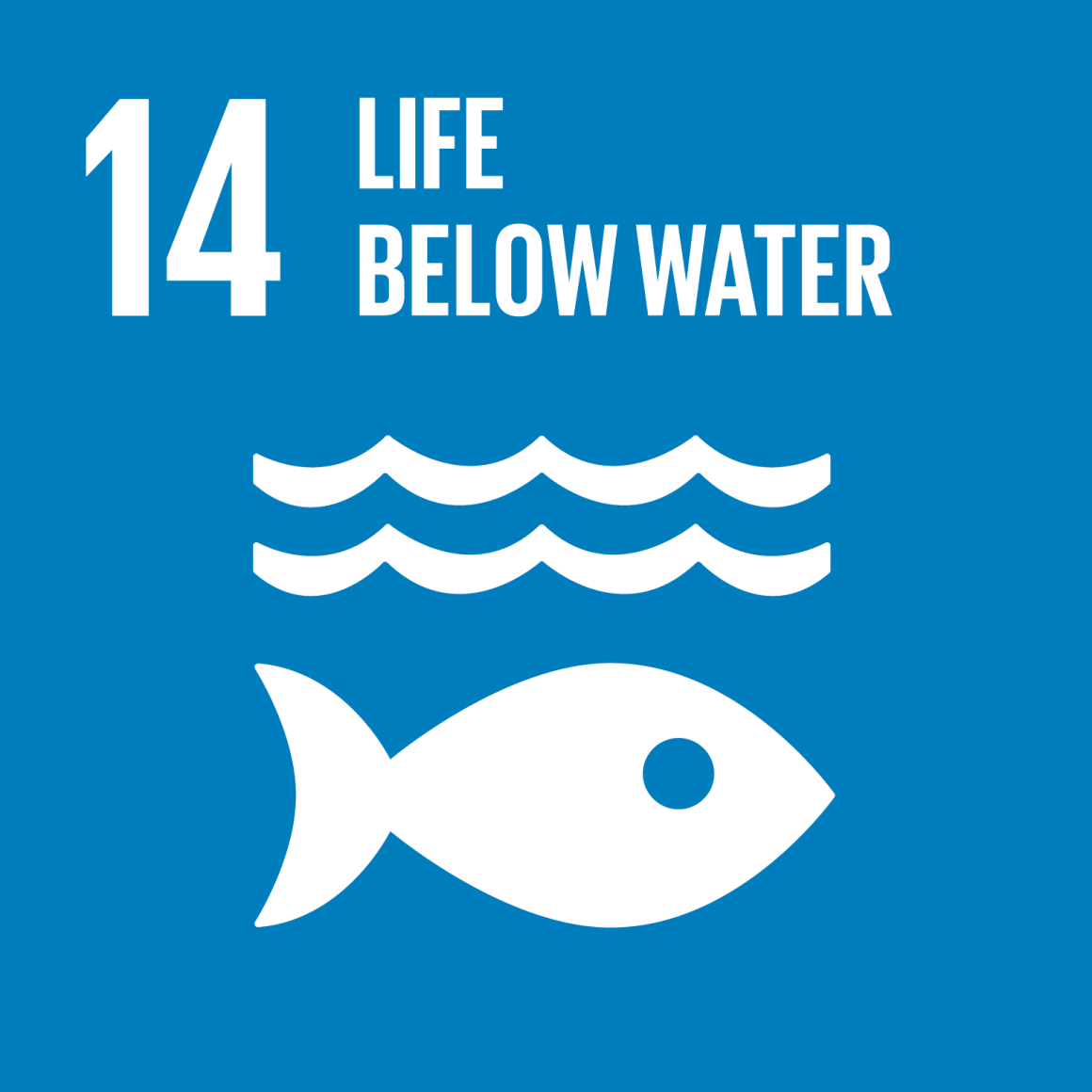| Commissioned by | Lead Executing Agency |
|---|---|
| German Federal Ministry for the Environment, Nature Conservation, Nuclear Safety and Consumer Protection (BMUV) This project is part of the International Climate Initiative (IKI). BMUV supports this initiative on the basis of a decision adopted by the German Bundestag. |
Ministry of Environment, Forest and Climate Change (MoEFCC), Government of India Forest Departments of Goa, Gujarat, Maharashtra |
| Lead Implementing Agency | Duration |
|---|---|
| Deutsche Gesellschaft für Internationale Zusammenarbeit (GIZ) GmbH | August 2012 - December 2017 |
With a coastline of more than 7500 km, India is endowed with a diversity of coastal and marine ecosystems. These ecosystems provide numerous services and benefits including fisheries, coastal tourism, and other vital livelihood activities, as well as protection provided by mangroves and sand dunes against natural disasters such as tsunamis and cyclones.
The unsustainable anthropogenic pressures emanating from various activities are proving to be detrimental to this ecosystem, which are compounded by other factors namely climate change, increased incidences of natural disasters etc. This calls for an immediate focus on the protection and better management of this critical ecosystem.
.jpg)
Recognizing the importance of sustainably using coastal and marine biodiversity, the Governments of India and Germany have fostered a partnership for the implementation of dedicated programs aimed at enhanced conservation of India’s biodiversity in line with the Convention of Biological Diversity (CBD).
The Conservation and Sustainable Management and Coastal and Marine Protected Areas (CMPA) project had the following objective of improve conservation and sustainable use of the marine biological diversity in the pilot protected areas while taking into account the economic well-being of the local population.
The CMPA project focussed on three main approaches:

The CMPA project was being implemented at seven sites in four states - Goa, Gujarat, Maharashtra and Tamil Nadu. Please visit our Where We Work section to find out more about the project sites.
The CMPA project worked towards the development and demonstration of implementable models for participatory conservation and management of biodiversity which included:
The CMPA project supported the Indian partners via capacity building and awareness raising in achieving the SDG 14 to sustainably manage and protect marine and coastal ecosystems while taking into account the economic well-being of the local population

All publications, training materials and movies of this project can be accessed via the resource section on this website, by selecting the topic "Coastal and Marine Protected Area".
Here are our partners for the CMPA project.
Please visit our Where We Work section to find out more about the project sites.
© 2014 IGBP. All Rights Reserved.
Site By: Virtualpages
